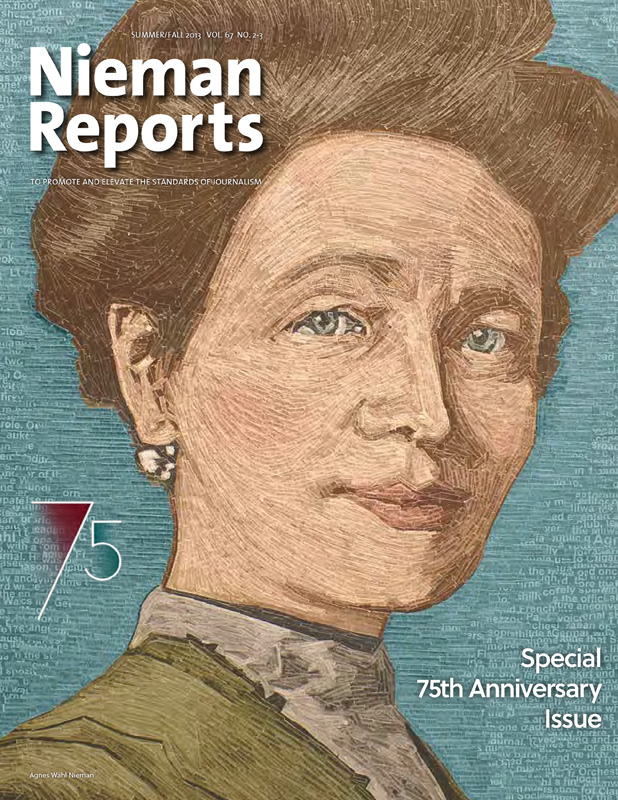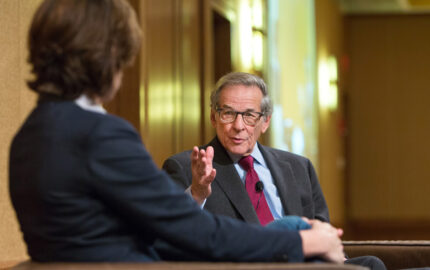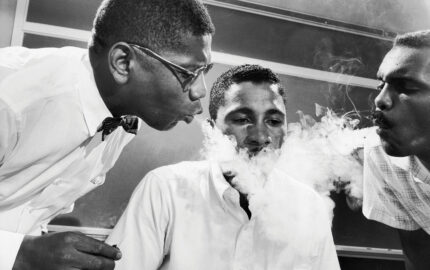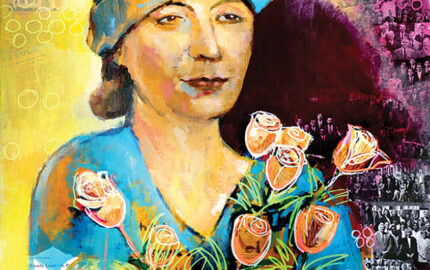Bonner was a reporter and editor at The Washington Post, a newsroom recruiter for Gannett, and has taught journalism at several universities
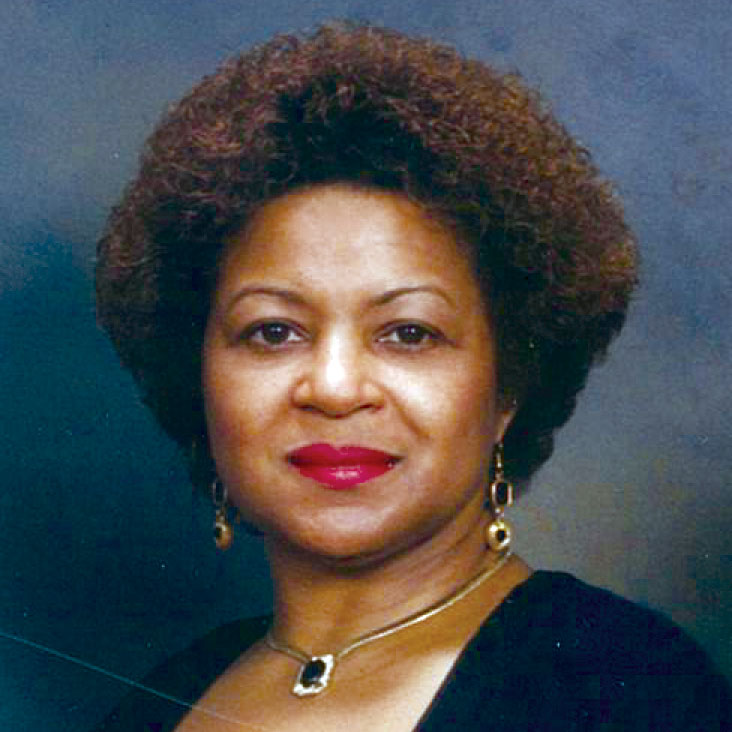
My reporting career had barely begun when Bob Maynard, NF ’66, suggested I should someday pursue a Nieman Fellowship. He introduced himself to me soon after I became a copy aide at The Washington Post in 1970. I was a shy college junior; he was a star national correspondent, having covered the era’s social upheavals. He was the first person to endorse my yearning for a news career. Soon, he became my friend and mentor, in a newsroom where females were few, minorities were rare, and no professional was both.
In 1971, I became Howard University’s first journalism graduate and Maynard left the Post on sabbatical, settling in northern California to write a book. Less than a year later, he shortened his sabbatical, shelved his manuscript, and returned east to direct Columbia University’s Summer Program for Minority Journalists, with Earl Caldwell of The New York Times. I was their first recruit. We were not entering journalism just for jobs, Maynard emphasized. Our goal was to make a difference through the profession toward building a more perfect America.
For more than 30 years—at the Post, at Gannett as a newsroom recruiter, and at the Freedom Forum as journalism education director—I strove to perpetuate Maynard’s vision. Maynard’s story consumed my doctoral research as a Freedom Forum Fellow at the University of North Carolina at Chapel Hill, where I wrote a history of press integration centered on his contributions. In many ways, Bob Maynard’s Nieman experience never ended; it continued through his distinguished, eloquent championing of newsroom diversity and through the Robert C. Maynard Institute for Journalism Education, an institution that launched a thousand careers and inspired many more. Certainly, my Nieman year and later decades of work supporting newsroom careers owed much to his influence and investment.
